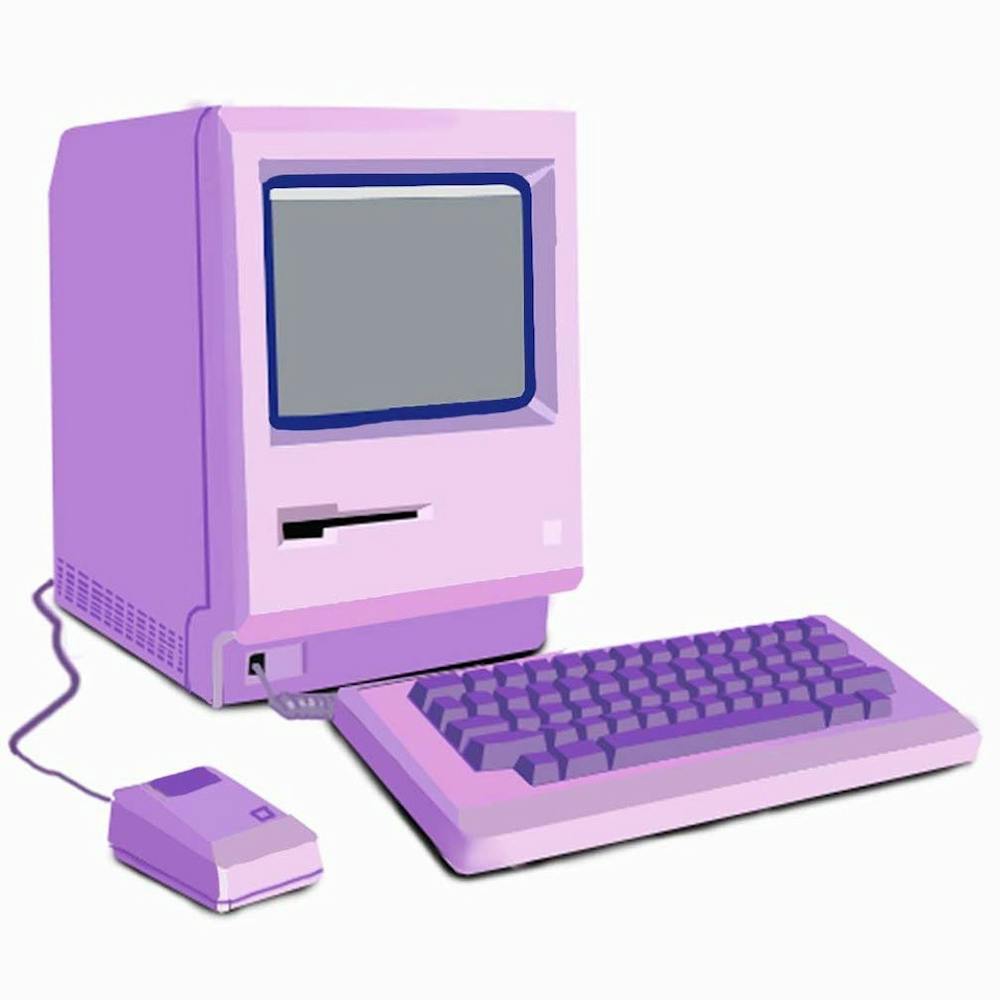Around the holiday season every year, several movies that have yet to make it on Blu–Ray hit the internet, bearing titles like “2017.DVDScr.XVID.AC3.HQ.Hive-CM8.” You may be wondering: where the fuck are these files coming from? Glad you asked.
The “DVDScr” in the titles means that these files were ripped from a screener DVD. Screeners are advance screenings of a film or TV show sent to film critics and voters in film awards. Production companies distribute screeners to have reviews published before the official release and to have as many voters as possible watch their productions before awards season. For these purposes, Hollywood sends as many as 70,000 discs of screeners each year, peaking around the holiday season right before the Academy Awards.
As you might expect, some of the most infamous pirate groups take advantage of this deluge of unreleased material. Hive–CM8 is one of them, recently leaking screener copies of Call Me By Your Name, Lady Bird, and I, Tonya online before their digital release. Earlier last year, they also leaked I Love You, Daddy, the Louis C. K. film that was pulled from theatrical release after the comedian admitted to sexual misconduct.
If you thought this pirate group must be Hollywood’s mortal enemy, take a look at their release notes:
“Don’t forget watching a Screener is not like the real thing, you should still all go to the cinema and support the Producers. We are especially sharing this for the people who cant [sic] visit the cinema due to illness, or because it is a limited release that doesn’t make it to their country.”
In a way, Hive–CM8 are proclaiming themselves the Robin Hoods of the film industry. They steal films from the production companies for the good of the people who cannot watch them in theaters. Their claim is not completely unfounded; for example, Lady Bird is not being released in South Korea until this April.
However, the obvious argument against pirated screeners would be that any form of leak sabotages the film industry’s financial prospects. Unless the film industry decides to switch to time–limited streaming and risk losing the viewership of older critics and voters, these screener leaks will continue to happen and people will continue to view them. The best way for the film industry to counter this would be to further shorten the window of time between the theatrical release and the digital release (which has, to be fair, already been cut by half since 1998). Legal digital releases that come early on will be able to keep some conscious film viewers from quickly turning to pirated material to watch their most anticipated movies.
So, is it ethical to watch pirated screeners? Some see screeners and leaks as a democratizing force that makes cinephilia affordable by circumventing ticket costs. Devoted fans will likely still pay to support their favorite new releases, especially if they are on the independent side of offerings. So, to answer my own question, yes and no. It depends on your stake in the financial success of a film, and whether or not you care about watching a low–quality torrent on a fractionally smaller screen. The choice is yours.







